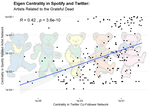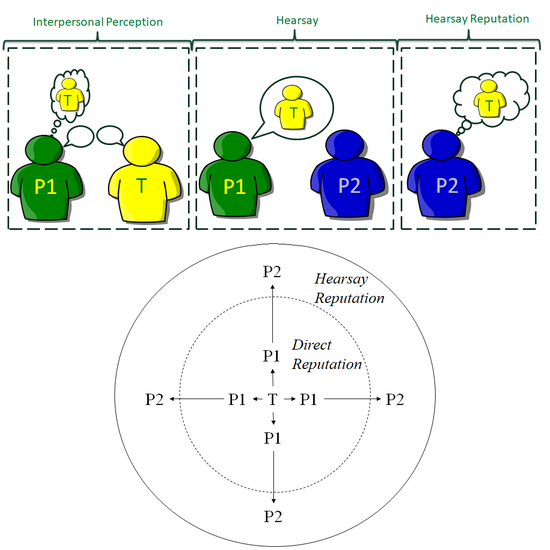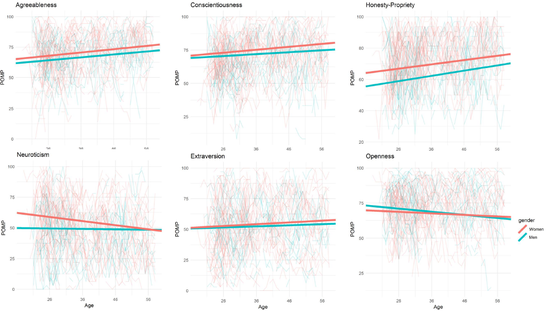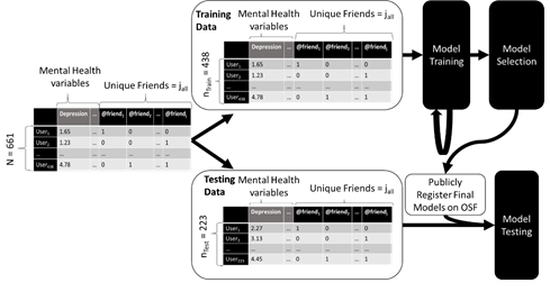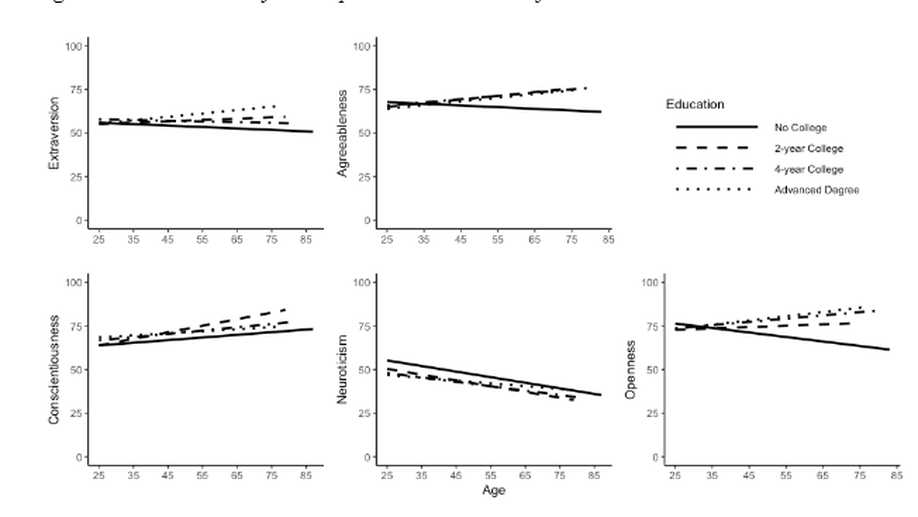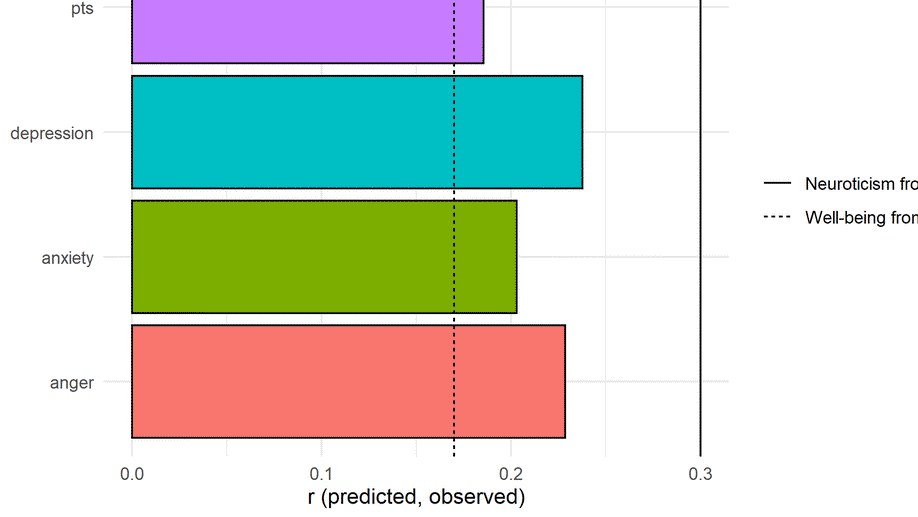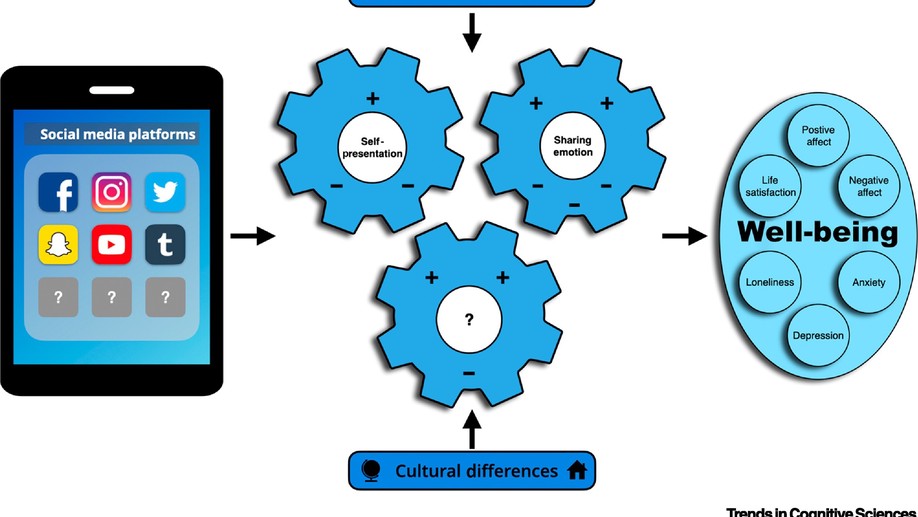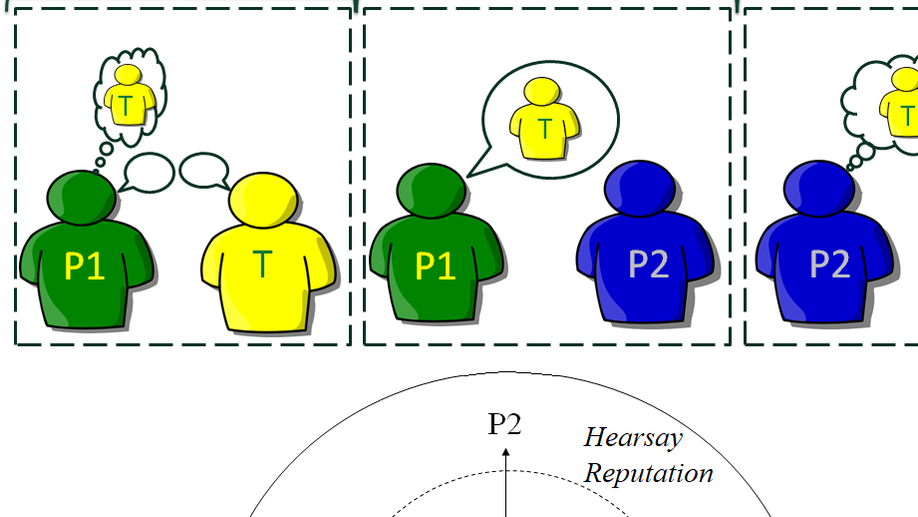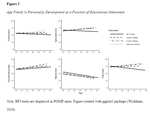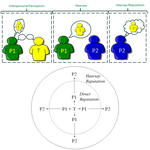Cory K. Costello
Predictive Modeler
FCCI Insurance Group
Biography
I am Psychological Scientist by training, currently working as a Predictive Modeler at FCCI Insurance Group, where I use my expertise in statistics, machine learning, and behavioral science to contribute to FCCI’s goals to write profitable business. I was previously a postdoctoral fellow in the Emotion and Self-Control Lab (PI: Ethan Kross) at University of Michigan’s Department of Psychology. Prior to that, I was a PhD student in the Personality and Social Dynamics Lab (PI: Sanjay Srivastava) at the University of Oregon’s Department of Psychology. I spent my time in academics learning to apply complex data analytic techniques - social network analysis, predictive modelling / machine learning, text analysis, structural equation modelling, hierarchical linear modelling - to answer questions about personality, emotion, and reputation.
Interests
- Personality, Interpersonal Perception & Reputation
- Data Science, Statistics, & Machine Learning
Education
-
PhD in Personality/Social Psychology, 2020
University of Oregon
-
MA in Psychology, 2014
Wake Forest University
-
BA in Psychology, 2012
New College of Florida (The State's Honors College)
